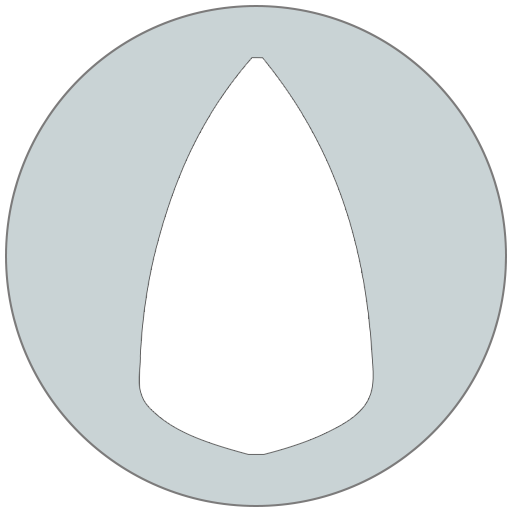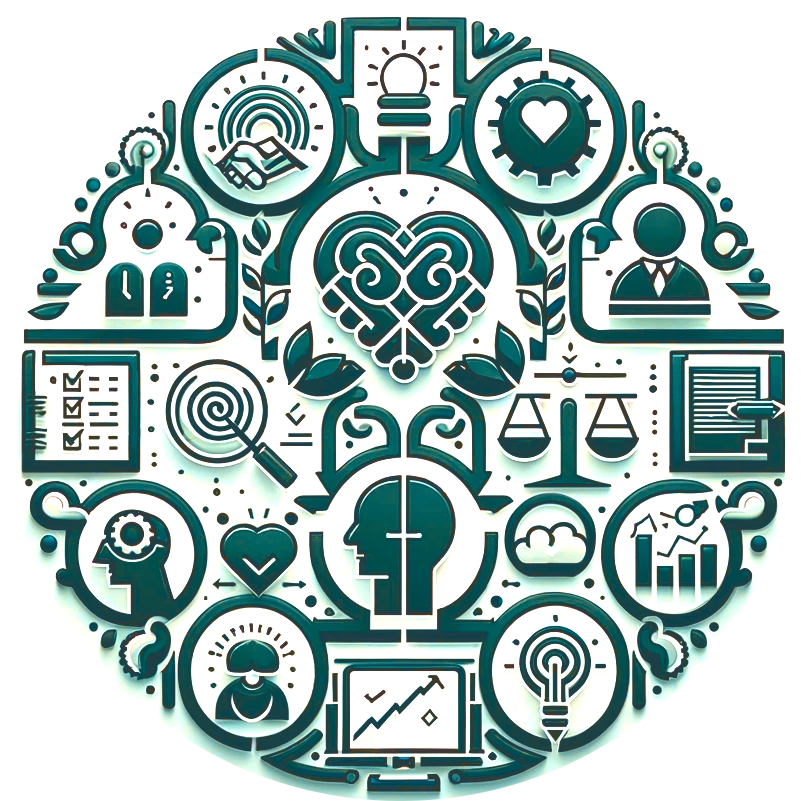In the consultancy field, possessing the right consultant skills is crucial for success. It’s not just about knowing how to analyze data or make plans.
There are special skills that make some consultants stand out from others. Specifically, these include hard skills, like being good with numbers, and soft skills, such as understanding people and being able to talk persuasively.
These skills help consultants really connect with their clients and make positive changes. This blog will talk about these important skills, why they’re important, and how you can learn and improve them. Whether you’re already working in consultancy or just starting, knowing these skills can help you do well.
Five reasons why it is important to know your skills as a consultant.
1. Know what you’re good at
Understanding your skills helps you know what you can do best. This means you can pick the right projects where you can shine.
2. Improve your weaknesses
Knowing your skills also means knowing what you’re not so good at. Thus, this way, you can work on getting better in those areas.
3. Build confidence
When you know your strengths, you feel more confident. Confidence makes you more convincing and can help you win more clients.
4. Teamwork
Knowing your skills helps in teamwork. Therefore, you can take on tasks that fit you best and let others do what they are good at. This makes the whole team stronger.
5. Career growth
Understanding your skills can guide your learning and career choices. It helps you decide what new skills to learn and how to advance in your career.
As a consultant, you need to keep learning new things because the business world is always changing. If you don’t stay up-to-date, you won’t be able to give the best advice to your clients.
The effective ways to keep yourself constantly learning
To stay ahead in today’s fast-paced world, it’s crucial to keep learning constantly. You’ll need practical strategies that can help you integrate continuous learning into your daily life. Here are some effective methods to ensure you’re always gaining new knowledge and skills.
Work on Projects
Learn by doing. This is undoubtedly the most efficient way of learning. So, try new things in your projects and learn from both successes and mistakes.
Maintain a diary or a work journal where you can write down your daily experiences, challenges you’ve faced, and new things you’ve learned. This way, you can look back over time to see your progress and how your knowledge and skills have evolved.
Join a discussion or debate club
Conversations improve your ability to quickly come up with ideas, answers, or solutions to problems in the moment, without preparation.
It’s about being able to respond rapidly and effectively in unpredictable or fast-moving situations, argue different points of view, and improve your communication skills.
Start a Blog or Podcast
Starting a blog or podcast encourages you to dive deeper into topics as you prepare to share insights and experiences. This process involves thorough research and critical thinking, ensuring that you really grasp the material.
As a result, teaching others deepens your own understanding, and also positions you as an expert in your field, widening your network and opening new doors.
The consultant skills toolbox
Core consultant skills
In the world of consultancy, certain skills form the foundation of your ability to perform effectively. These skills are called core skills and each of these skills is critical for several reasons.
Together, these core skills form the backbone of consultancy, enabling professionals to analyze problems, communicate solutions, manage projects, and apply their knowledge effectively. Without a solid foundation in these areas, a consultant’s ability to deliver value and drive change is significantly limited.
1. Analytical Thinking
The ability to dissect complex problems and derive insightful solutions is paramount. Therefore, consultants must be adept at breaking down large, intricate issues into manageable parts to understand and address them effectively.
2. Communication Skills
Clear and persuasive communication is crucial, whether it’s through reports, presentations, or conversations. Consultants need to articulate their ideas clearly and influence clients and team members.
3. Project Management
Being able to manage projects efficiently ensures that goals are met on time and within budget. This includes planning, executing, and monitoring all aspects of a project.
4. Industry Knowledge
A deep understanding of the industry one is consulting in allows for more tailored and relevant advice. This knowledge also helps in building credibility and trust with clients.
Soft skills
Soft skills are essential because they facilitate effective interaction with clients and colleagues, ensuring that projects are not only completed successfully but also harmoniously.
Together, these soft skills complement the technical and core skills of a consultant, enabling not just the execution of projects but also the building of meaningful, lasting relationships and the maintenance of high ethical standards. Mastery of these soft skills is what often distinguishes the most successful consultants in the field.
5. Resilience
Resilience is essential in the dynamic and sometimes unpredictable environment of consultancy. It enables consultants to withstand pressures, bounce back from setbacks, and continue to perform at a high level despite challenges. This skill ensures that consultants can adapt to changes and overcome obstacles effectively.
6. Interpersonal Skills
Building strong relationships with clients and team members can lead to more opportunities and a better working environment.
7. Leadership
The ability to lead teams, inspire confidence and drive change is critical for consultants who often need to guide clients through challenging transformations.
8. Ethical Judgment
Ethical Judgment is a critical skill for consultants, as their work frequently involves handling sensitive information from clients. This skill isn’t just about making morally sound decisions; it can involve a comprehensive understanding of legal frameworks like the General Data Protection Regulation (GDPR) and principles of information security.
Specialized skills
Beyond the foundational core skills and the vital interpersonal abilities, consultants need to develop a set of specialized skills. These skills are essential for addressing the unique challenges of the consultancy field, enabling professionals to deliver innovative solutions, understand and navigate business landscapes, and leverage technology effectively.
These specialized skills are what enable consultants to deliver high-value, impactful advice and solutions tailored to the specific needs and challenges of their clients. Developing these skills requires a commitment to continuous learning and adaptation to the latest trends and technologies in the consultancy field.
9. Creativity
Thinking outside the box can lead to innovative solutions that set consultants apart from their competitors.
10. Business Acumen
Business Acumen is a critical skill for consultants that encompasses a deep understanding of the broader business environment in which they operate. It involves grasping the essentials of how different businesses function, recognizing the economic forces at play, and understanding the strategic decisions that drive success in various industries.
11. Technical Proficiency
In today’s digital age, being tech-savvy can greatly enhance a consultant’s effectiveness, especially when dealing with data analysis or digital transformation projects.
Read more: Skills data update: How often is sufficient?
Conclusion
In conclusion, the skills discussed throughout this article are not just recommendations; they are the pillars upon which successful consultancy careers are built. These skills collectively form a comprehensive skill set that defines excellence in the consultancy realm.
These are the attributes that clients are actively searching for when they decide to bring a consultant on board. They are not just hiring you for the knowledge you possess but for your ability to apply that knowledge creatively and effectively, your capacity to lead and adapt, and your commitment to maintaining the highest standards of integrity and security.
As the consulting landscape continues to evolve, these skills will remain central to delivering value and achieving meaningful, impactful results. For aspiring consultants, focusing on the continuous development of these skills is a sure path to not only meeting but exceeding client expectations, thereby carving out a successful career in the competitive world of consultancy.
(AI was used when writing this article.)

